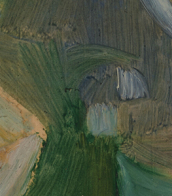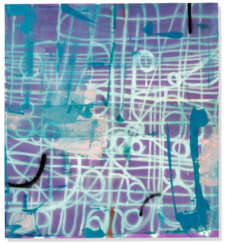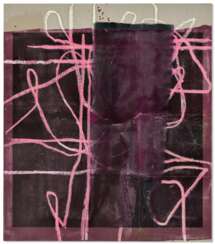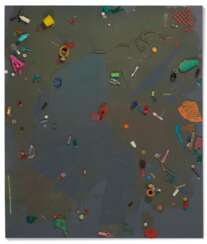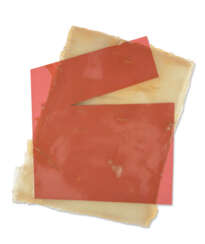alex hubbard (1975)
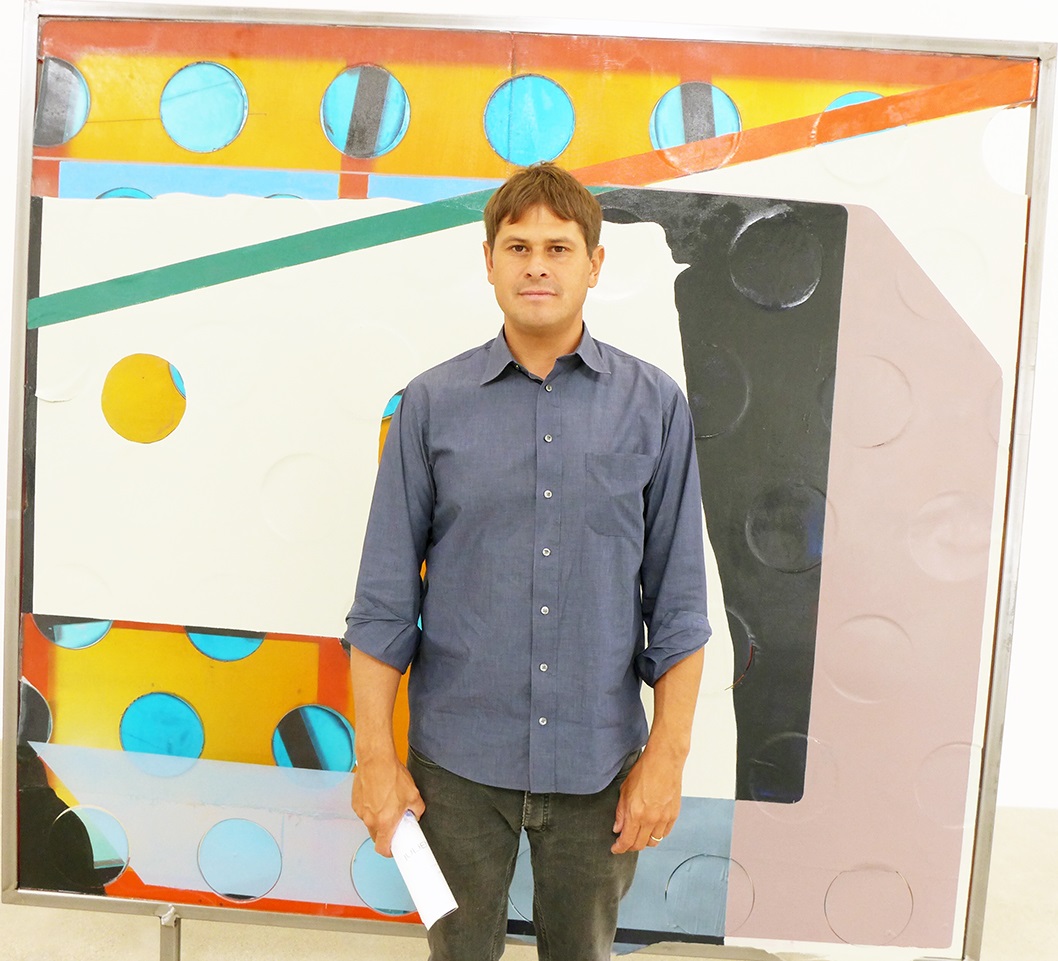
Alex Hubbard is a contemporary American abstraction artist whose work spans video art and painting, exploring the boundaries of each through cross-examination that brings both media to life in new and inventive ways. Constructed along parallel lines, his videos and paintings explore composition, mass, colour and depth of images in unexpected ways. Avoiding a single point of focus, Hubbard constructs his videos in layers, capturing the viewer with bold colours, performative gestures and evolving, complete compositions in which movement is multidirectional and time seems non-linear.
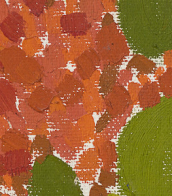

Alex Hubbard is a contemporary American abstraction artist whose work spans video art and painting, exploring the boundaries of each through cross-examination that brings both media to life in new and inventive ways. Constructed along parallel lines, his videos and paintings explore composition, mass, colour and depth of images in unexpected ways. Avoiding a single point of focus, Hubbard constructs his videos in layers, capturing the viewer with bold colours, performative gestures and evolving, complete compositions in which movement is multidirectional and time seems non-linear.
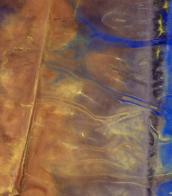

Alex Hubbard is a contemporary American abstraction artist whose work spans video art and painting, exploring the boundaries of each through cross-examination that brings both media to life in new and inventive ways. Constructed along parallel lines, his videos and paintings explore composition, mass, colour and depth of images in unexpected ways. Avoiding a single point of focus, Hubbard constructs his videos in layers, capturing the viewer with bold colours, performative gestures and evolving, complete compositions in which movement is multidirectional and time seems non-linear.


Alex Hubbard is a contemporary American abstraction artist whose work spans video art and painting, exploring the boundaries of each through cross-examination that brings both media to life in new and inventive ways. Constructed along parallel lines, his videos and paintings explore composition, mass, colour and depth of images in unexpected ways. Avoiding a single point of focus, Hubbard constructs his videos in layers, capturing the viewer with bold colours, performative gestures and evolving, complete compositions in which movement is multidirectional and time seems non-linear.


Alex Hubbard is a contemporary American abstraction artist whose work spans video art and painting, exploring the boundaries of each through cross-examination that brings both media to life in new and inventive ways. Constructed along parallel lines, his videos and paintings explore composition, mass, colour and depth of images in unexpected ways. Avoiding a single point of focus, Hubbard constructs his videos in layers, capturing the viewer with bold colours, performative gestures and evolving, complete compositions in which movement is multidirectional and time seems non-linear.
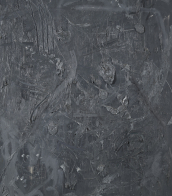

Édouard Manet, a French modernist painter born in 1832, was one of the pioneering artists of the 19th century who ventured into painting modern life, marking a significant transition from Realism to Impressionism. His notable works, such as "The Luncheon on the Grass" and "Olympia," both created in the early 1860s, were radical for their time and sparked controversy for their unconventional subject matter and depiction of modern life. These pieces, among others, have been recognized as milestones in the development of modern art.
Manet's background was one of privilege and connection, coming from an upper-class family with strong political ties. Despite expectations for him to pursue a career in law or the navy, Manet was drawn to painting from a young age, influenced by his uncle and the works of Old Masters like Diego Velázquez and Francisco José de Goya during his visits to the Louvre. His early rejection from the naval academy led him to fully commit to an art education under Thomas Couture, where he developed his unique style characterized by loose brush strokes and a focus on contemporary subjects over traditional historical, religious, or mythological themes.
Throughout his career, Manet's work was often met with criticism for its apparent disregard for traditional painting techniques and its bold choice of subject matter. Despite this, his exhibitions, including a self-organized one across from the Exposition Universelle in 1867, gradually gained the recognition and support of fellow artists and critics. His relationships with contemporaries like Émile Zola, Edgar Degas, and Claude Monet were crucial in his development and in establishing his legacy as a forerunner to the Impressionist movement, despite never formally joining their exhibitions.
Manet's influence on modern art cannot be overstated. His works are housed in prestigious museums worldwide, including the Musée d'Orsay in Paris, which holds "The Luncheon on the Grass," a testament to his enduring impact on the art world. Manet's ability to capture the essence of modern life, combined with his innovative techniques, positioned him as a central figure in the transition towards modern artistic expressions.
For collectors and experts in art and antiques, Manet's work represents not just the innovation of the 19th century but also the enduring appeal of an artist who dared to challenge the status quo. His paintings are not just artifacts of their time but also serve as a bridge between traditional and modern art, offering insight into the evolution of artistic expression.
To stay informed about new product sales, auction events, and updates related to Édouard Manet, signing up for updates can be a valuable resource for enthusiasts looking to deepen their understanding of this pivotal artist's contributions to the world of art.
